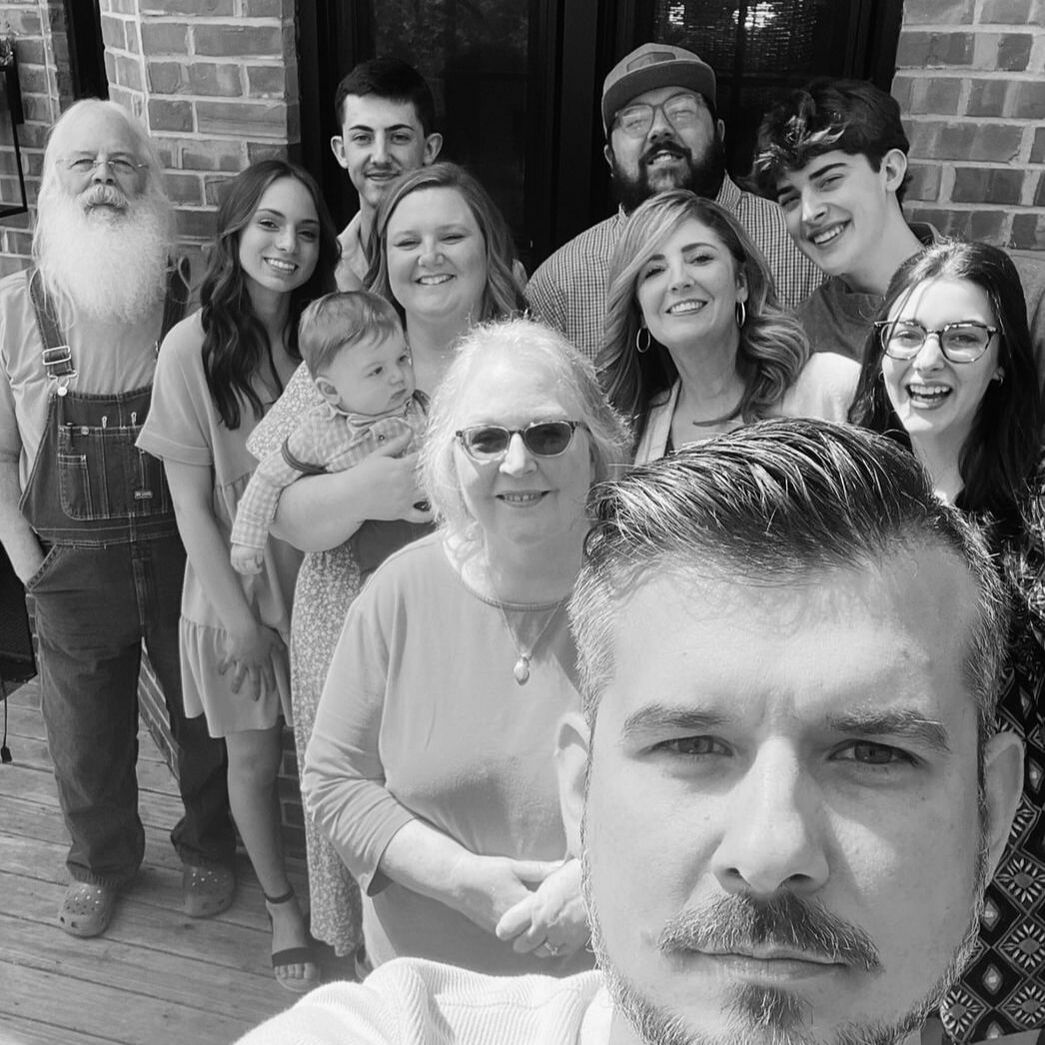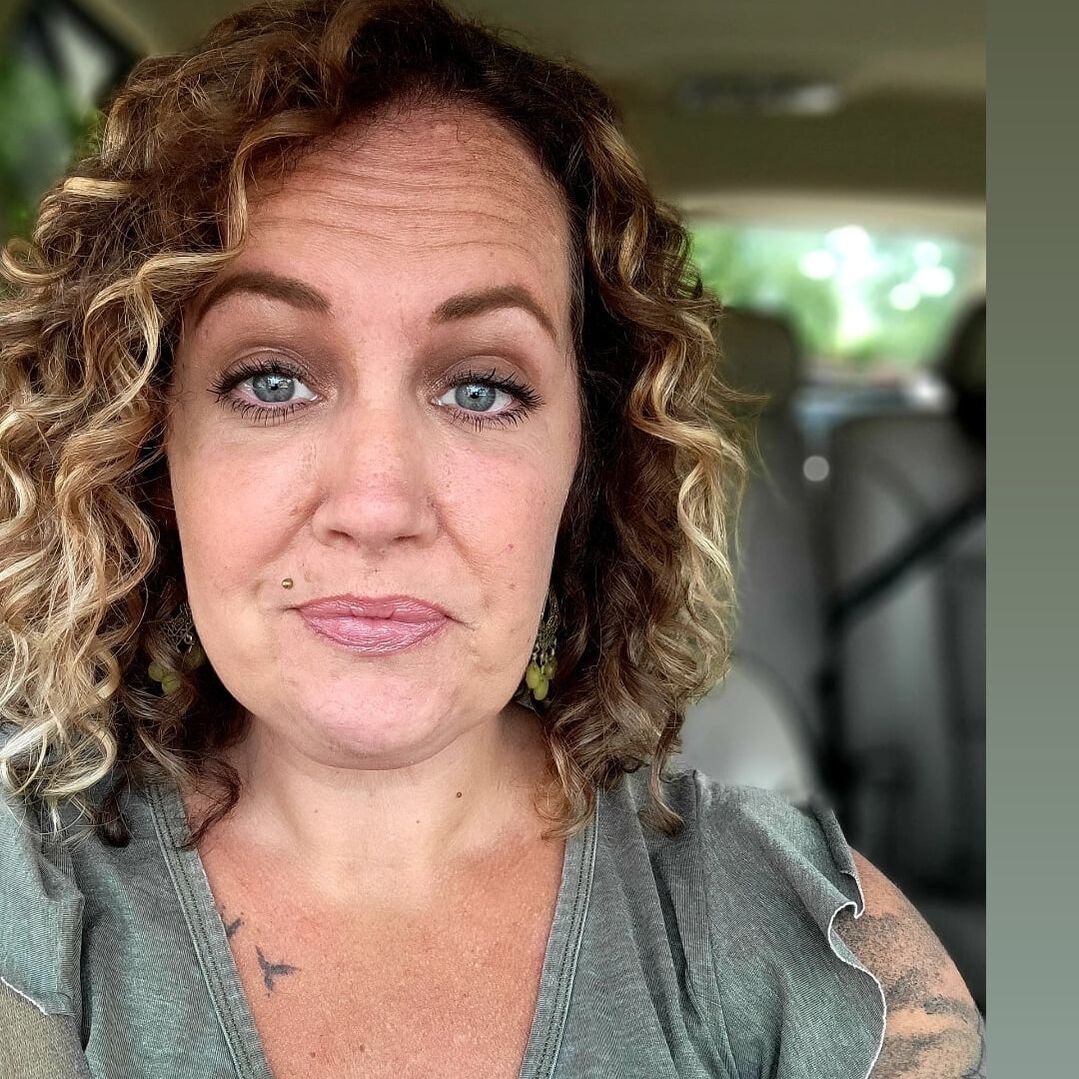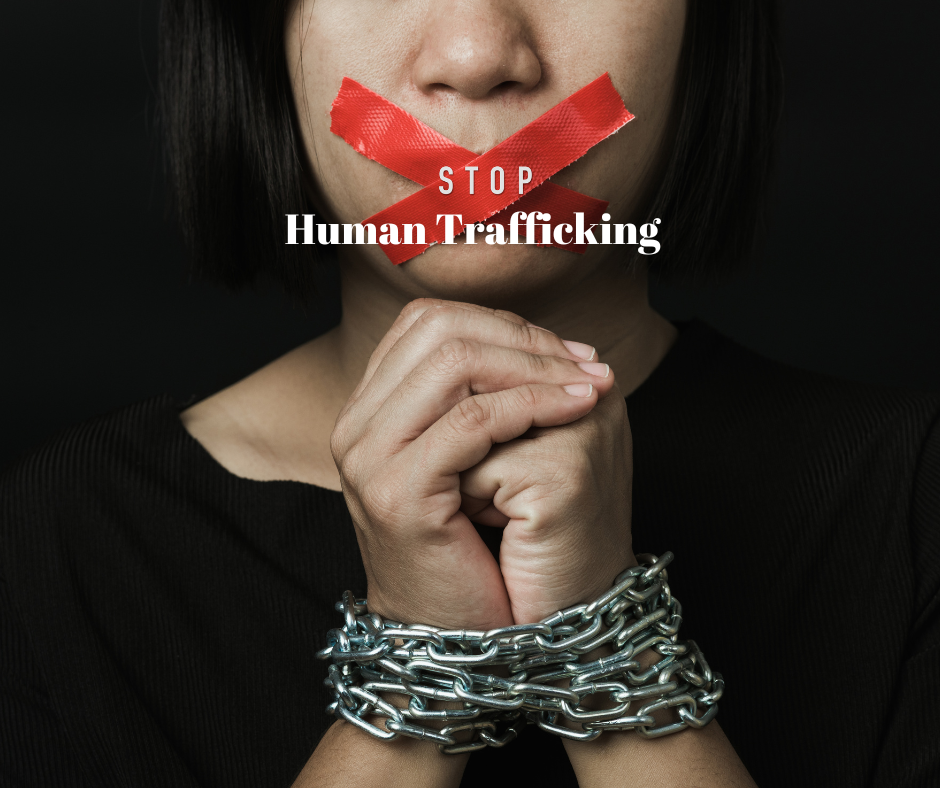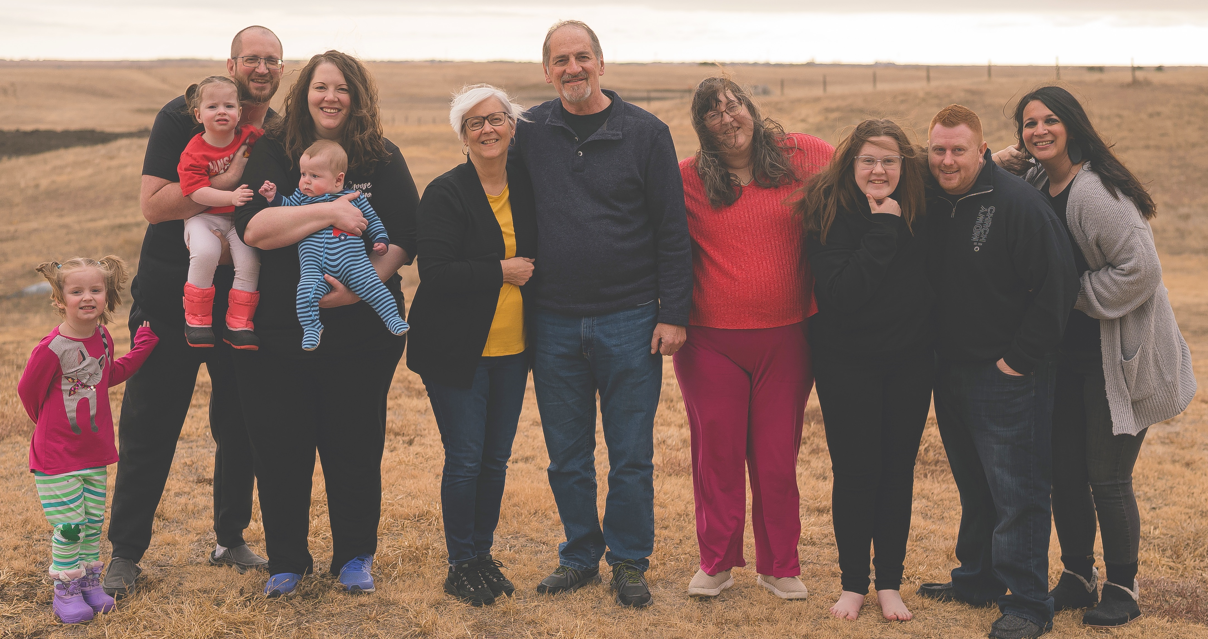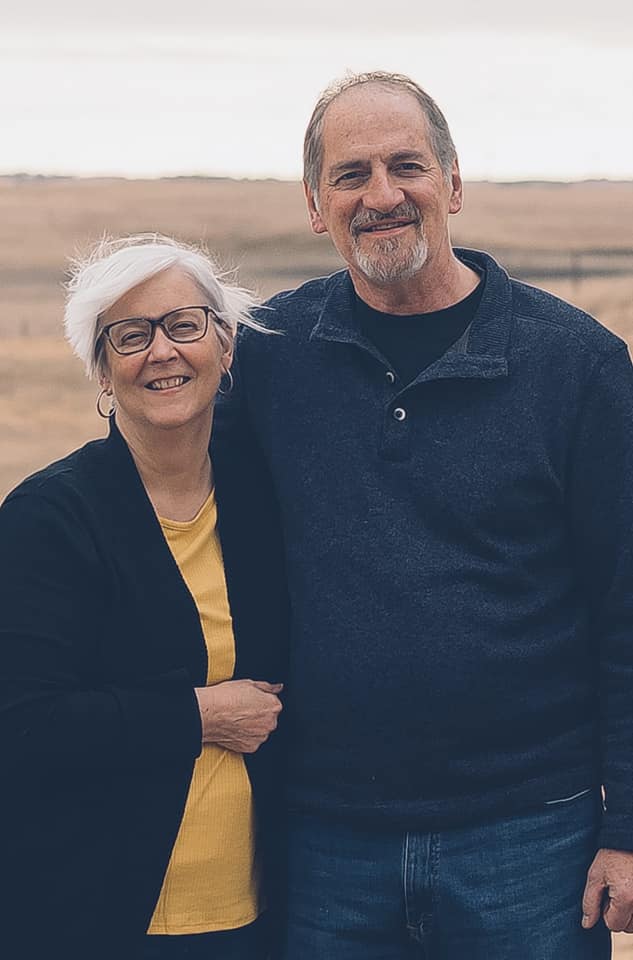|
By Kermit Rowe
Encompass Relationship Facilitator This month’s blog theme is “more than words.” So let’s take those three words and put them at the end of the following sentence to “explore the more” of a time-tested relational truth: Communication is more than words. How do we communicate besides talking? Well, we should know because we certainly do it a lot. A Psychology Today article famously reported that only seven percent of our communication happens through words. That means 93 percent of your intended message is left up to tone and non-verbal cues. Other estimated percentages may vary a bit, but one thing is clear: When it comes to communicating in relationships, it’s more than words can say.
0 Comments
By: Joe Kowalski
Encompass Champion Like many of you I have a few choice verses and even books of the Bible I gravitate towards. The first book of the Bible I can remember reading was James, New testament, not very long and very practical for new a believer. There are several verses that even non-Christians would likely be familiar with even if they couldn’t cite them: John 3:16 (for God so loved the world…), Genesis 1:1 (In the beginning…), and then there are the verses that are often misquoted: ‘God helps those who help themselves’ most often attributed to Ephesians 2: 4-5, and ‘Money is the root of all evil’ pulled from 1 Timothy 6:10. And then there are those verses that we just can’t seem to get away from….in a good way. They pop up in sermons, in small group, and seem to apply to so many situations we are going through in life. By: Kermit Rowe
Encompass Relationship Facilitator For better or worse, till death do us part, our family remains our family. We can ignore them, refuse to have a personal relationship with them, but we can’t ignore the blood connection to them given to us by God through our birth. If God is the God He claims to be – the holy, perfect one with no beginning or end, who has no evil or error in Him – then it follows that He makes no mistakes. And it follows that the family He placed us in is the family we are meant to be a part of. In His perfect, infinite wisdom. To question our family origin is therefore questioning Him. He could have sent us into any family, in any hometown, in any native country, at any point in history. But He chose to send us into the life and family we currently occupy. By: Abby Glaser
Encompass Community Advocate As a relationship educator, one of my favorite things is personality types and tests! I think they are a fun way to understand ourselves better and understand how we function in relation to others. Because I use such tests in my classes I’ve spent a lot of time studying and understanding them. This has led me to have a pretty good understanding of my own strength and growth areas. This has come up for me recently in a relationship where I’m starting to realize one of my strengths, loyalty, has become a growth area. Let me explain! By: Cindee Johnson
Relationship Coach The world paints for us vivid descriptions of love, especially during the month of February. From television ads urging us to buy our way into someone’s heart to social media posts making everyone an expert. Emotions run rampant. Feelings are full. Advice is plentiful. Wisdom is not. Yet, there are some other love insights I believe worth sharing—from elementary school children. By Ronda Nissley
Encompass Co Director Well not really…. But the problem I have with Valentine’s Day is the emphasis on singling out one day a year to celebrate an inferior type of love with gifts, flowers, candy and goofy cards – things that have little to do with Real Love. (Unless your love language is gifts.) In last week’s blog, Lavern highlighted three characteristics of real love as a way to recognize counterfeit love. Real, true love is unconditional, others-centered, patient and kind. In contrast, counterfeit love looks quite different... By: Abby Glaser
Encompass Community Advocate This month our theme at Encompass is “start here!” This month is also Human Trafficking Awareness month! Considering that, I’d love to take a few moments to give you some info on human trafficking. I’ve worked with trafficking survivors for over 20 years now and serve on the Miami Valley Human Trafficking Coalition, so this issue is near to my heart. While the topic has gained more attention in the past few years, a lot of information floating around is often false. So, let’s start with a brief understanding of what human trafficking is. By: Ronda Nissley
Encompass Co-Director I grew up in the small town of Kalona, Iowa as the seventh of nine children. My mother never worked outside the home and Dad was employed by a variety of small Christian schools and church agencies – earning a modest income even by standards of that day. Looking back, I’m sure our family would have been classified as “poor” by pretty much any economic measure. To my parent’s credit, I never figured that out until I was an adult. Thanks to my mother’s large garden and skills as a seamstress-we were always well fed and clothed. Cindee's husband Dave By: Cindee Johnson
Encompass Relationship Facilitator I love Christmas. I mean, I really LOVE Christmas. The decorating. The lights. The celebrations. The shopping. The traditions. The cooking. The gifts. The tree. It all has its place. Or so I learned. The hard way. Because I had no peace. Only perfection. When Dave and I married 34 years ago, I had this vision of a perfectly packaged Christmas, everything done up just right. And it all began with the Christmas tree. Which had to be fresh cut. As in Dave lying on the cold, snowy or icy or often muddy Ohio ground, cutting down the tree while our children and I held it in place. Our blog posts theme for December surrounds "special Christmas memories/stories." Certainly, the holiday season has plenty of opportunities to describe as "thriving" or "strifing" in relationships. What memories or stories are uplifting and help family trees to be forever changed?
By Lavern Nissley Encompass Executive Director I was scrolling through my iPhone photos looking for Christmas memory ideas. Wow! So many flooded my heart and mind. But when I condensed them down to several common themes that were fulfilling and significant, it became very clear what we value as a family. My heart is warmed as I reflect on them! |
HostsLavern & Ronda Nissley are co-directors of Encompass. Married since 1978, both enjoy coffee, riding their tandem bicycle and working together to build strong relationships. TOPICS
All
Archives
May 2024
|
FIND IT QUICKLY |
STAY CONNECTEDOFFICE HOURSMON 9a-2p
TUE 9a-2p WED 9a-2p THU 9a-2p Other hours by appointment VISIT US616 N. Limestone St. | Springfield, OH
|
Funding is provided by Clark County Job and Family Services, The Turner Foundation, Springfield Foundation, Buckeye Health, private donations and fees.
Program content is the sole responsibility of Encompass Connection Center and does not necessarily represent the views of the funders.
Encompass Connection Center services are provided to all eligible persons on a non-discriminatory basis. Encompass Connection Center complies with all applicable laws and regulations concerning discrimination does not discriminate on the basis of the potential participant's race, gender, gender orientation, age, disability or religion.
Registered 501(c)(3). EIN: 37-1485217
Program content is the sole responsibility of Encompass Connection Center and does not necessarily represent the views of the funders.
Encompass Connection Center services are provided to all eligible persons on a non-discriminatory basis. Encompass Connection Center complies with all applicable laws and regulations concerning discrimination does not discriminate on the basis of the potential participant's race, gender, gender orientation, age, disability or religion.
Registered 501(c)(3). EIN: 37-1485217


